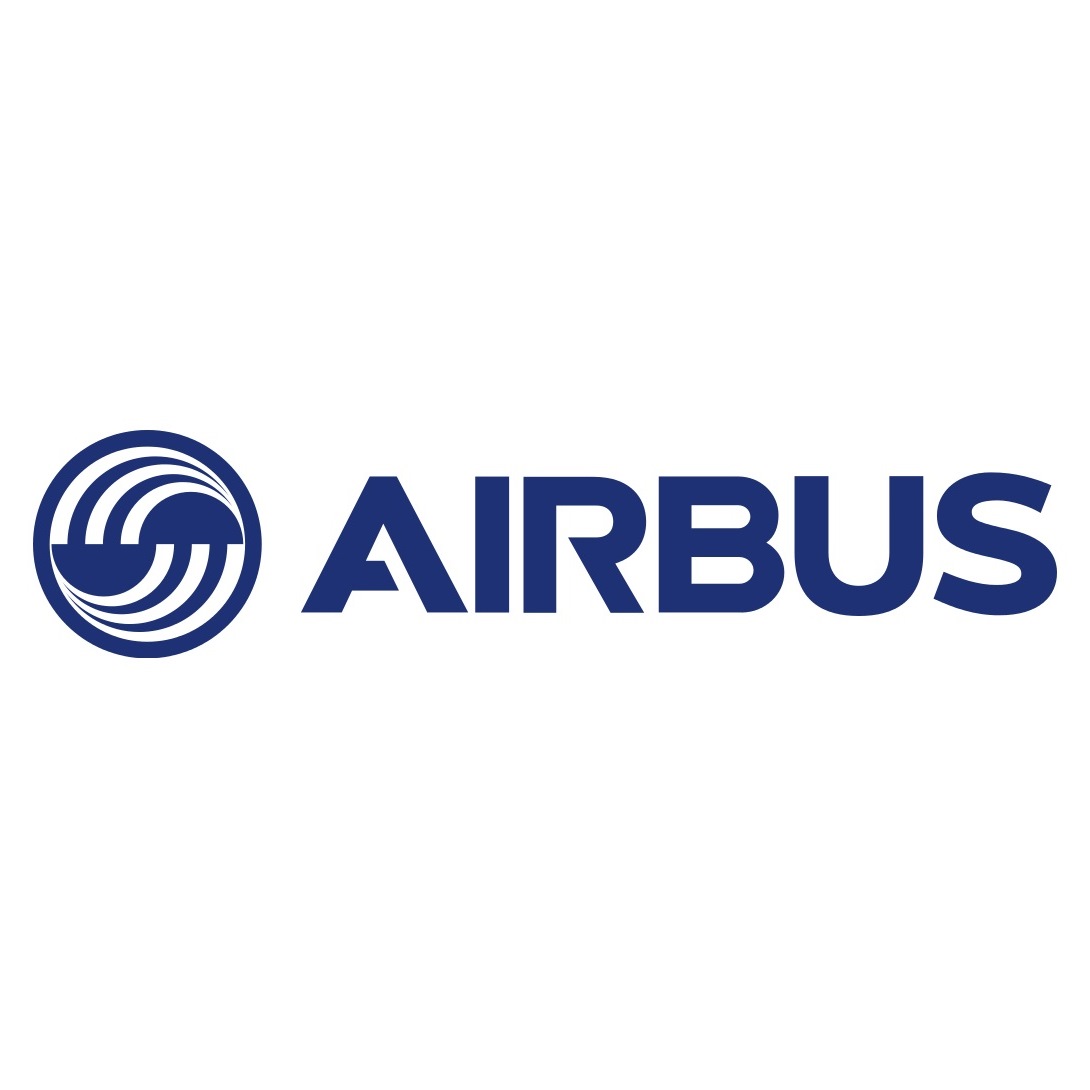
Over the past weekend, the U.K.’s Serious Fraud Office (SFO) said it had launched a formal criminal investigation into allegations of fraud, bribery and corruption against Airbus. At issue in the investigation is Airbus’s practice of hiring third-party consultants to negotiate on its behalf with foreign governments, particularly in emerging nations.
Boeing Co. (NYSE: BA) and other U.S. plane makers are prohibited from using third-party consultants by the Foreign Corrupt Practices Act. Aircraft industry analyst Richard Aboulafia of the Teal Group told the Financial Times that the old joke in the U.S. defense industry is, “Here [in the U.S.] it’s illegal; there it’s tax-deductible.”
The SFO has been talking to Airbus since late April, when the company admitted that it had failed to notify the proper authorities that it used third-party agents to strike deals that it was now asking the U.K. government to back with financing guarantees. Instead, the United Kingdom, France and Germany all suspended further guarantees on Airbus planes.
The U.S. Congress last year finally agreed to renew the charter of the U.S. Export-Import Bank, and that may work to Boeing’s advantage, if it can ever persuade Senator Richard Shelby of Alabama to lift his block on a vote to approve three Ex-Im bank board members. The bank’s rules will not allow it to approve any deal valued at more than $10 million without at least a quorum of at least three of five members voting.
Alabama is home to Airbus’s new U.S. manufacturing plant, and under bank rules could apply for guarantees from the Ex-Im bank for the planes it builds in Alabama.
The SFO investigation is further evidence that the more generous European view regarding consultants may be about to change. The rules change accompanies a more hands-off approach from the United States and the European governments that have invested in Airbus. World Trade Organization (WTO) rules prohibit governments from trying to win sales on behalf of companies based in their countries.
Using consultants is a common — and sometimes required — part of negotiations with emerging nations, and there can’t be much doubt that some monkey business is going on. But it seems that the United Kingdom at least is about to draw a line in the sand, and if it does, both Germany and France are likely to follow. That could level the playing field a bit for Boeing in its competition with Airbus.
Boeing’s stock has gained about 1.4% since Monday morning, and most of that is likely due to the Airbus investigation. Shares traded at $132.34 in the noon hour Tuesday, in a 52-week range of $102.10 to $150.59. The consensus 12-month price target on the stock is $149.00.
Get Ready To Retire (Sponsored)
Start by taking a quick retirement quiz from SmartAsset that will match you with up to 3 financial advisors that serve your area and beyond in 5 minutes, or less.
Each advisor has been vetted by SmartAsset and is held to a fiduciary standard to act in your best interests.
Here’s how it works:
1. Answer SmartAsset advisor match quiz
2. Review your pre-screened matches at your leisure. Check out the advisors’ profiles.
3. Speak with advisors at no cost to you. Have an introductory call on the phone or introduction in person and choose whom to work with in the future
Thank you for reading! Have some feedback for us?
Contact the 24/7 Wall St. editorial team.
